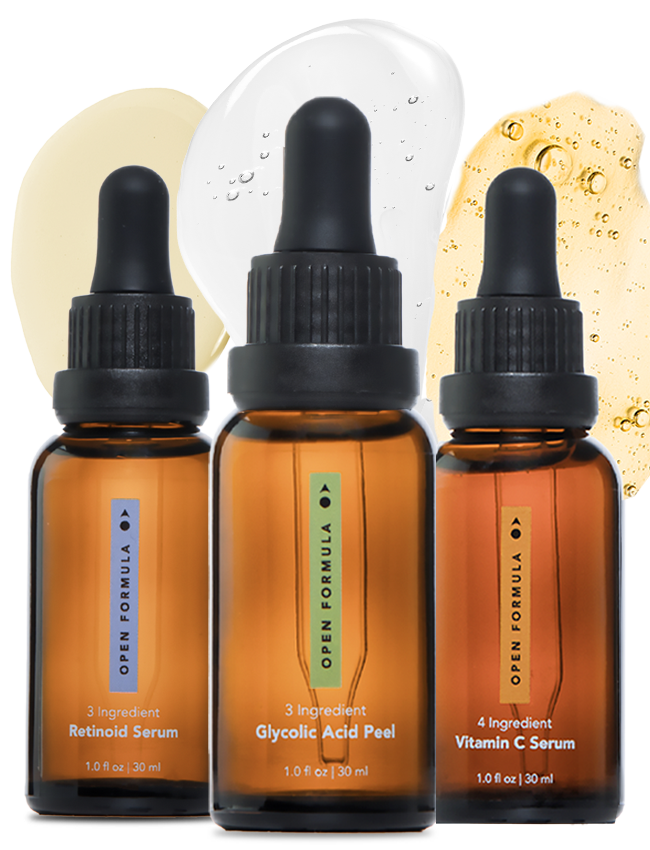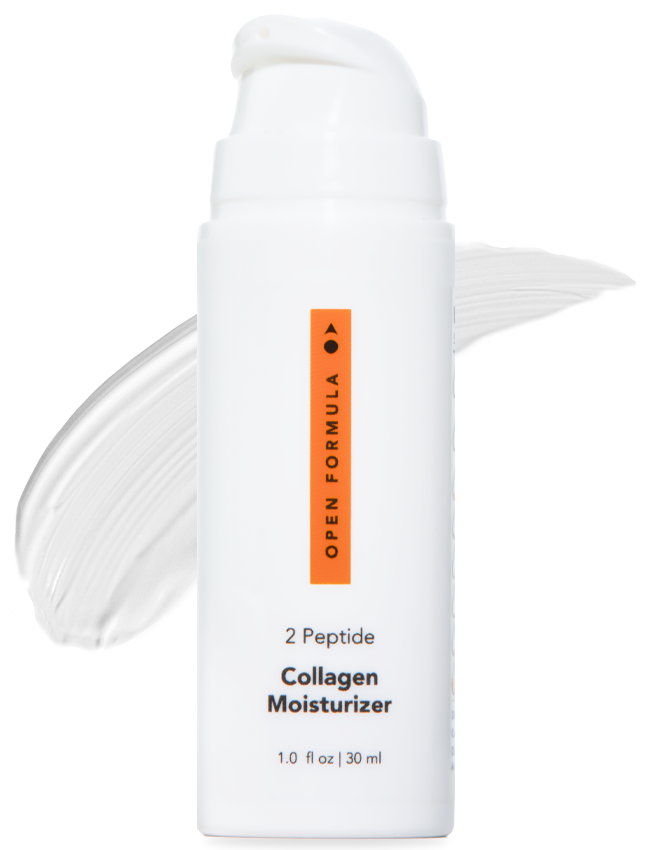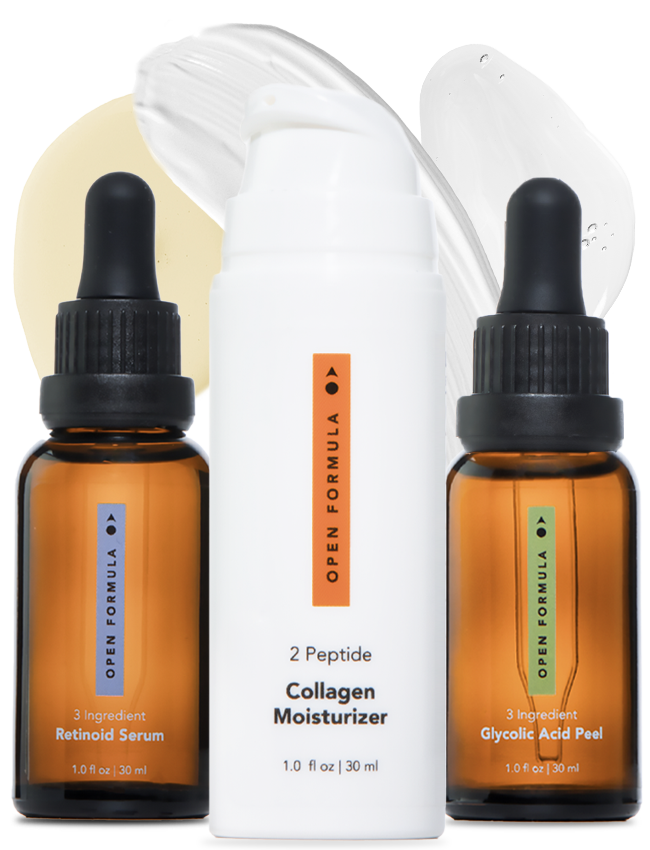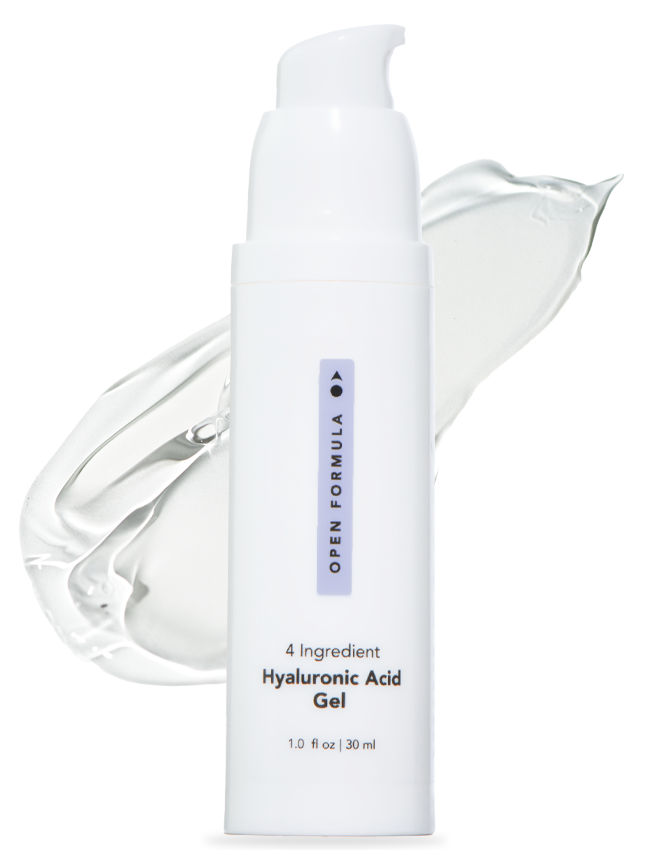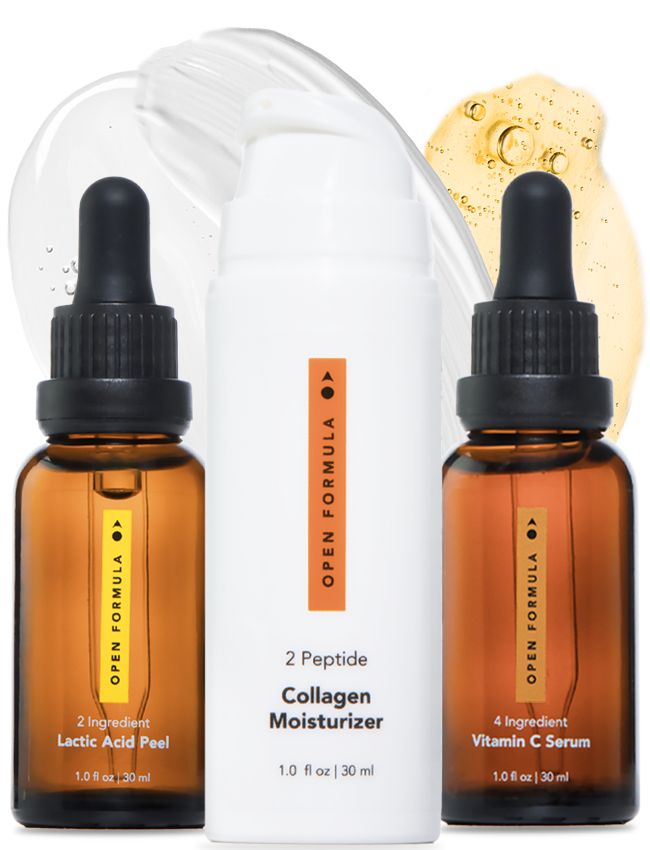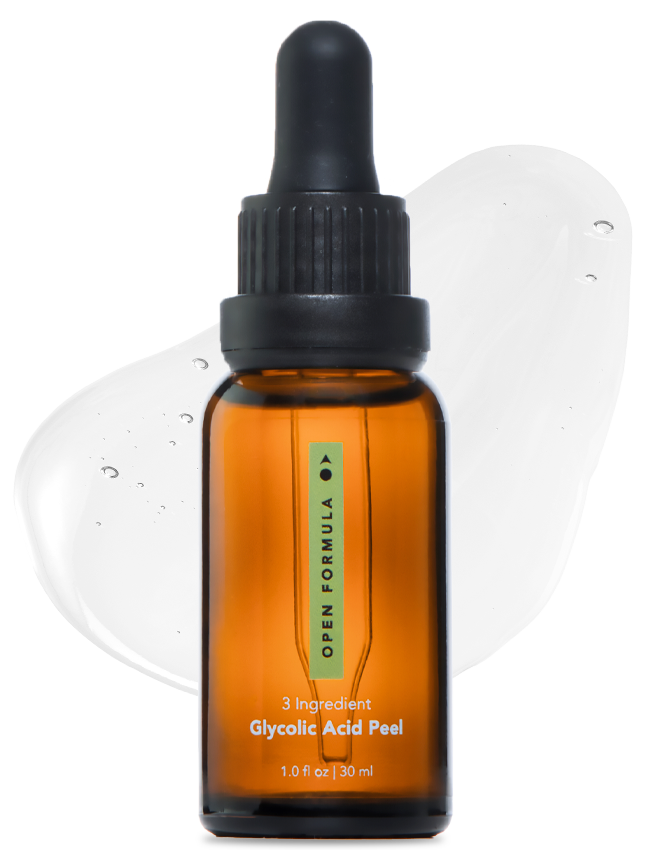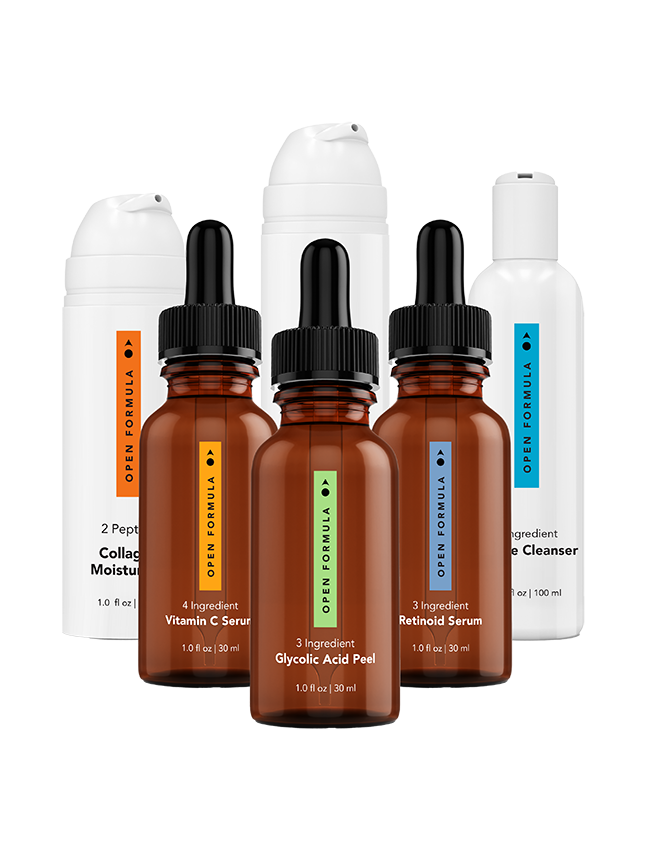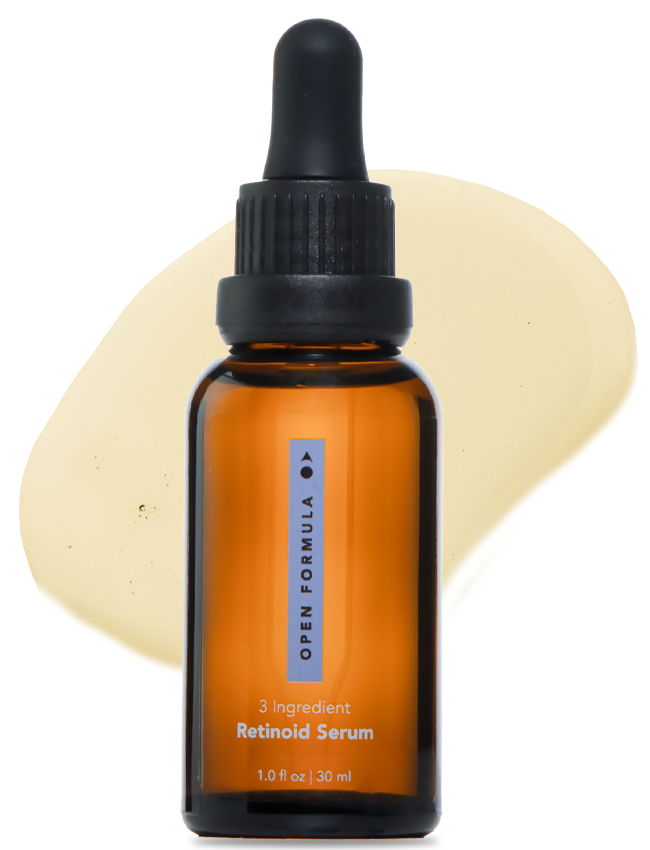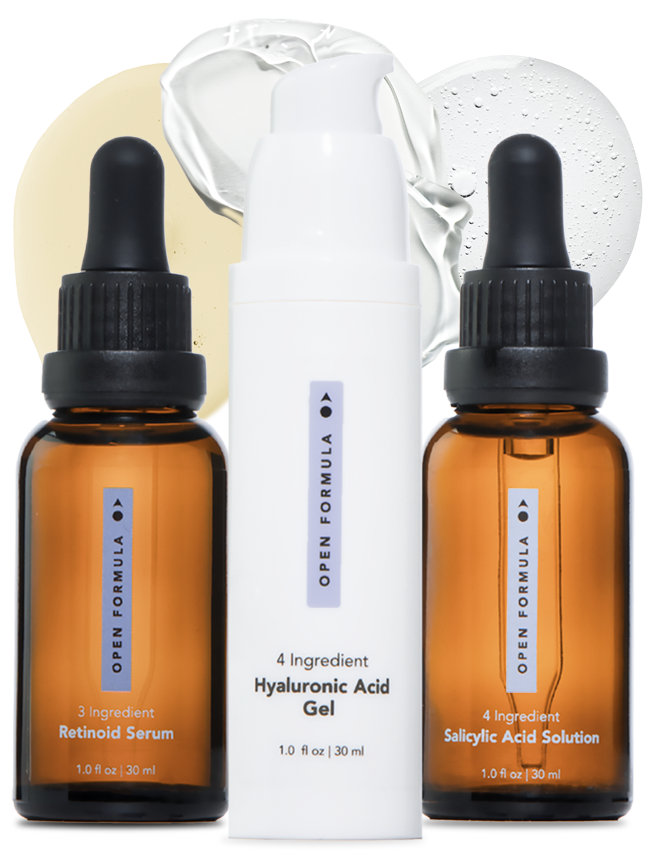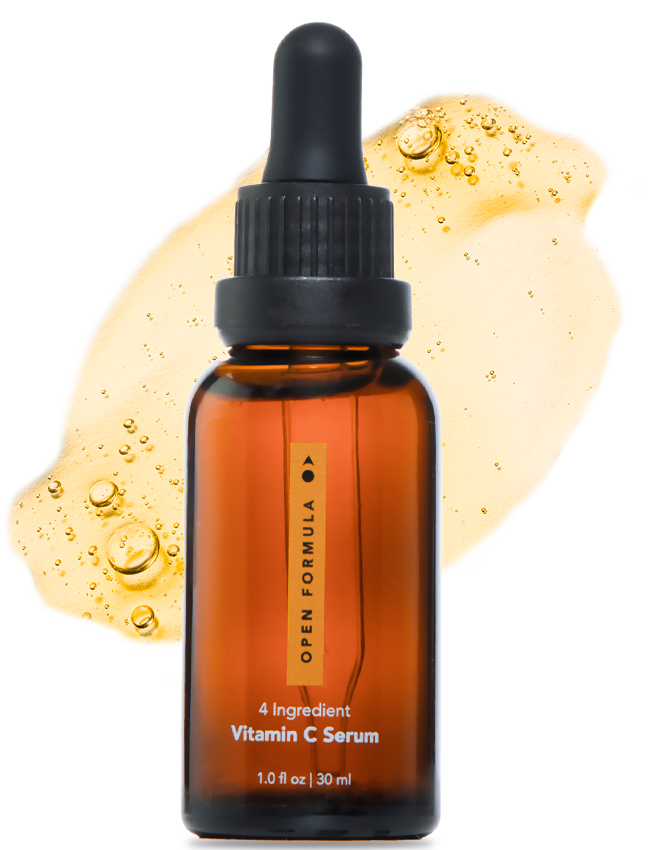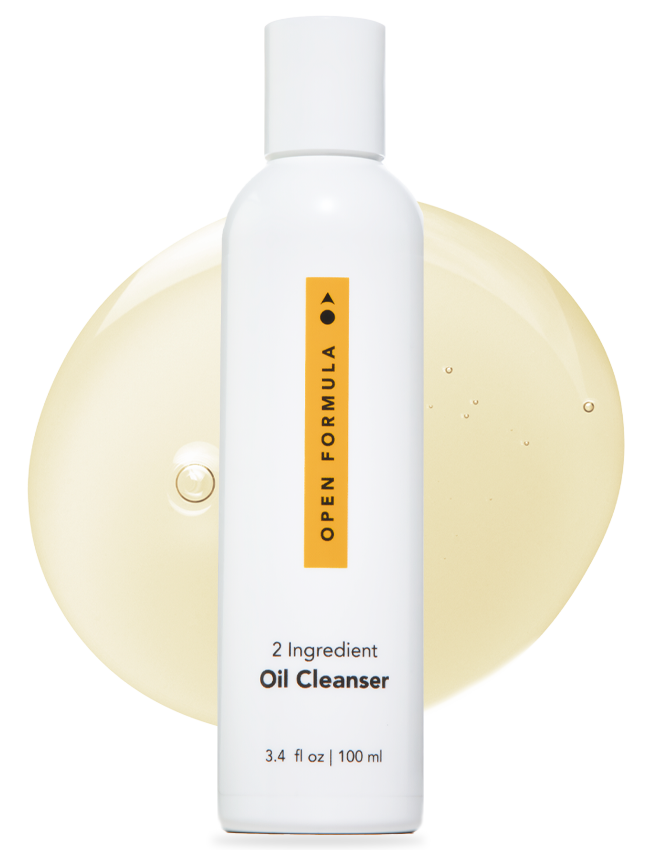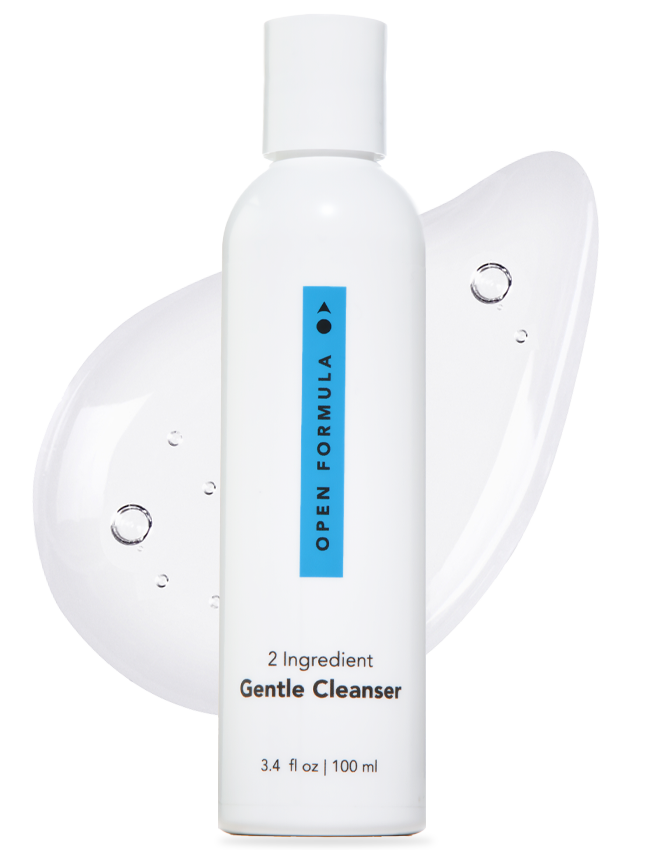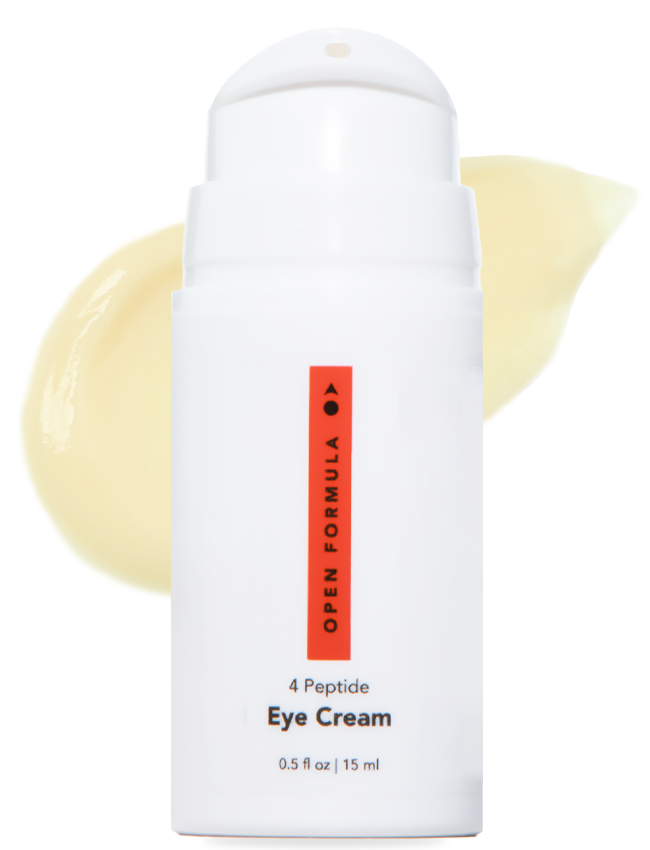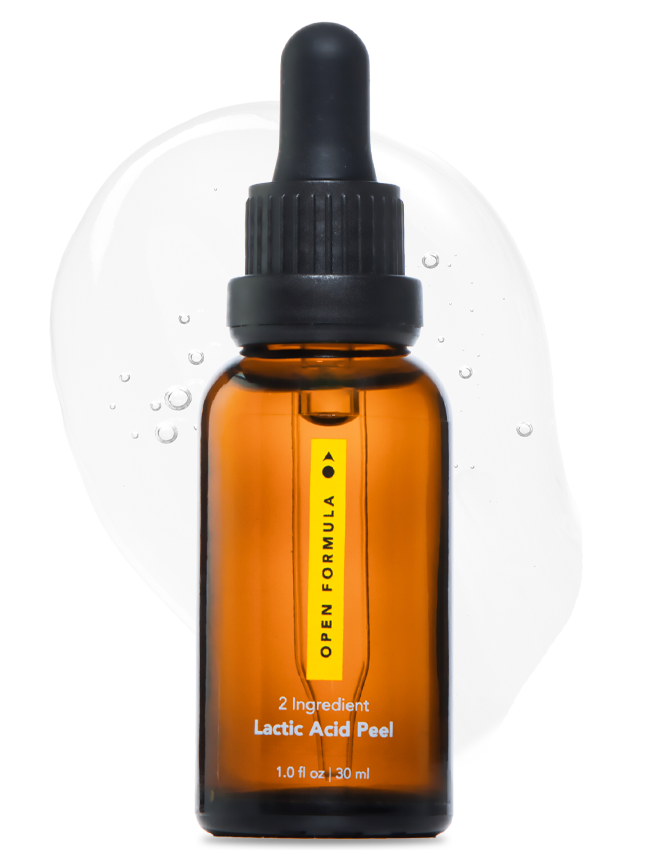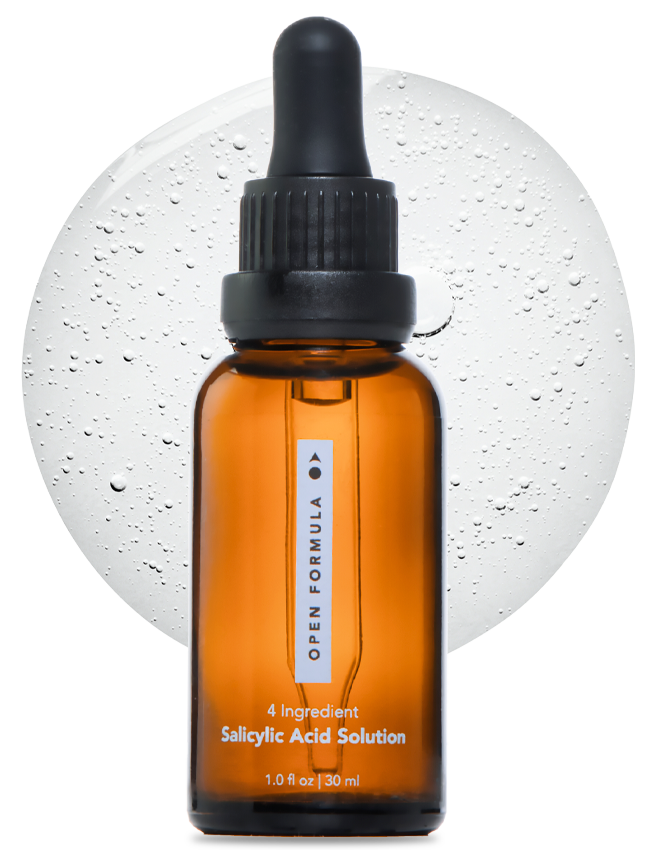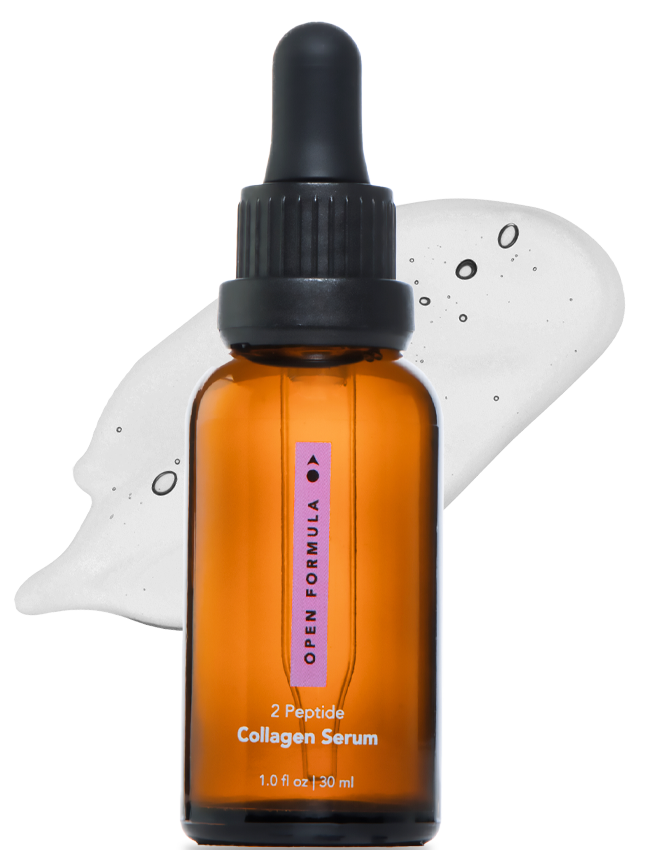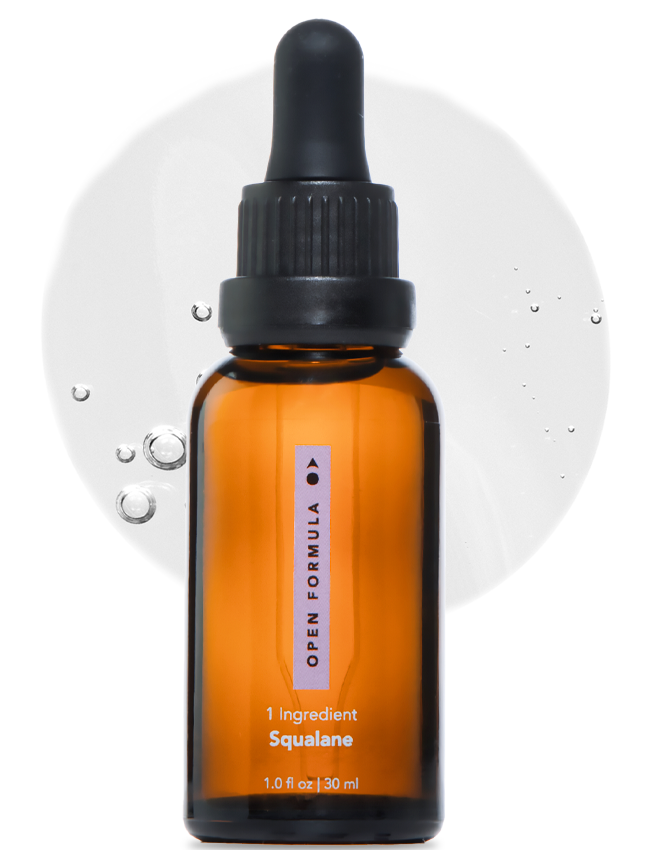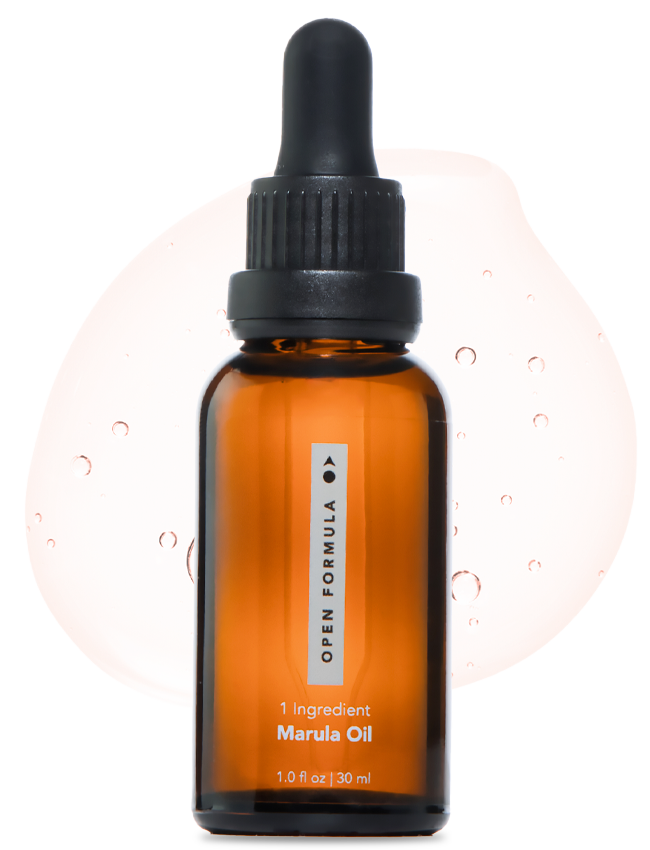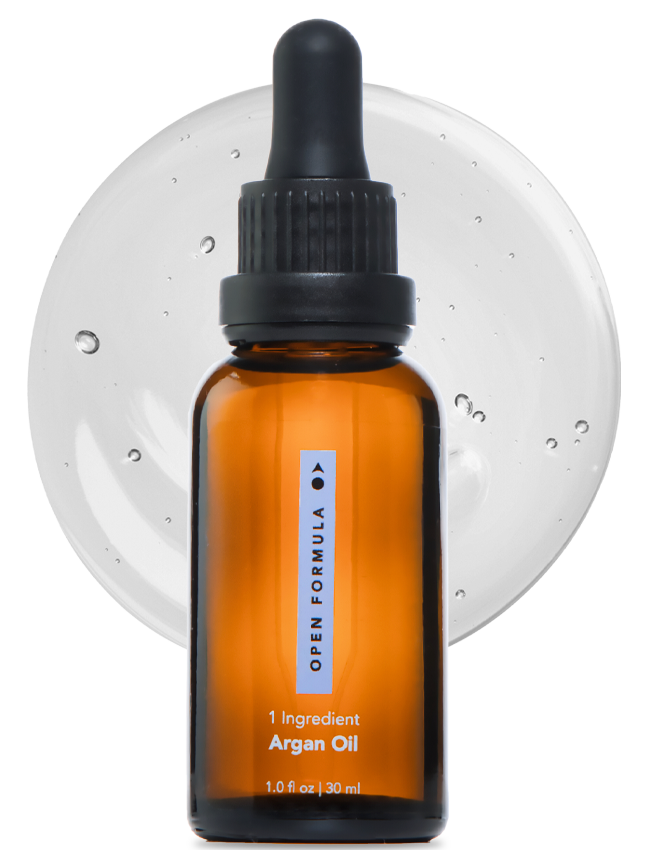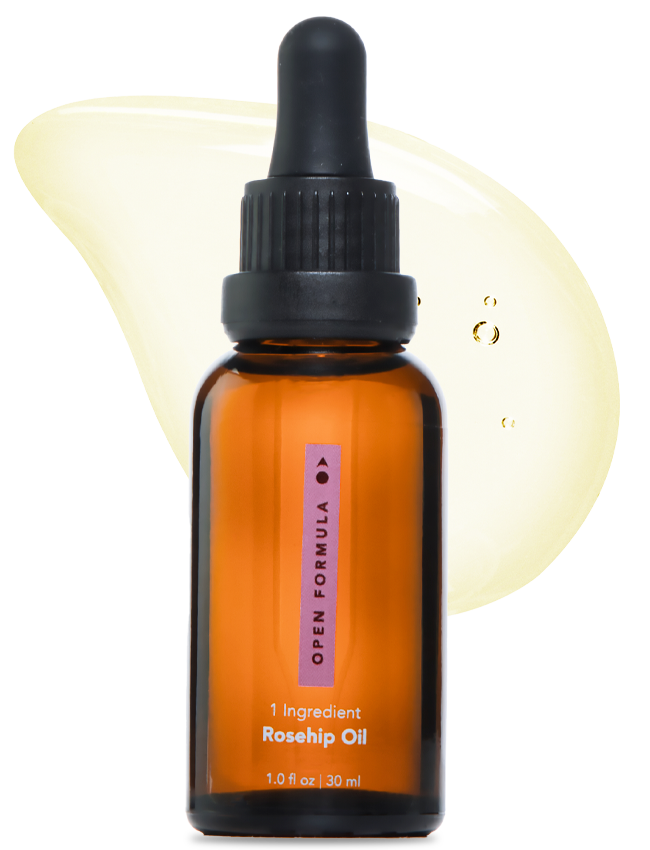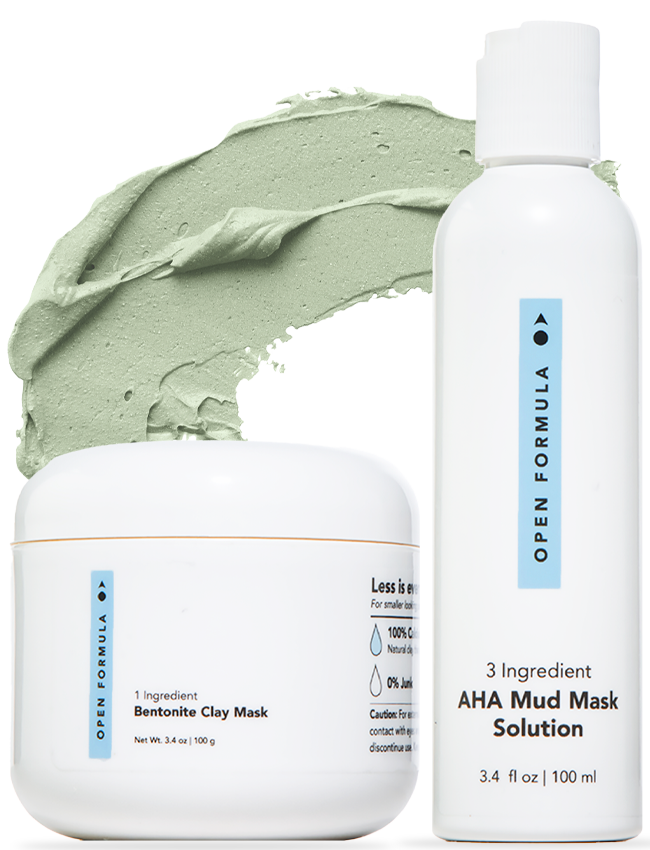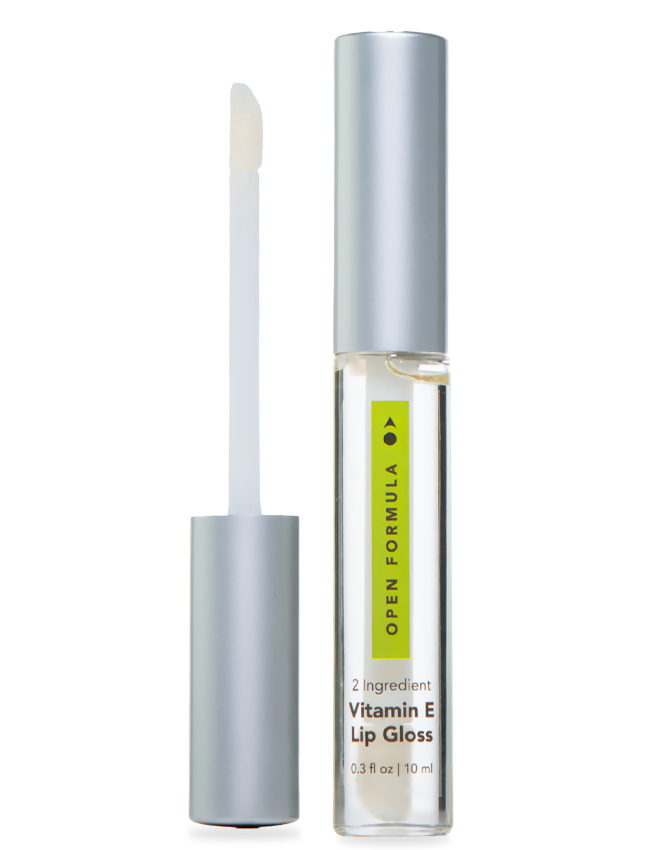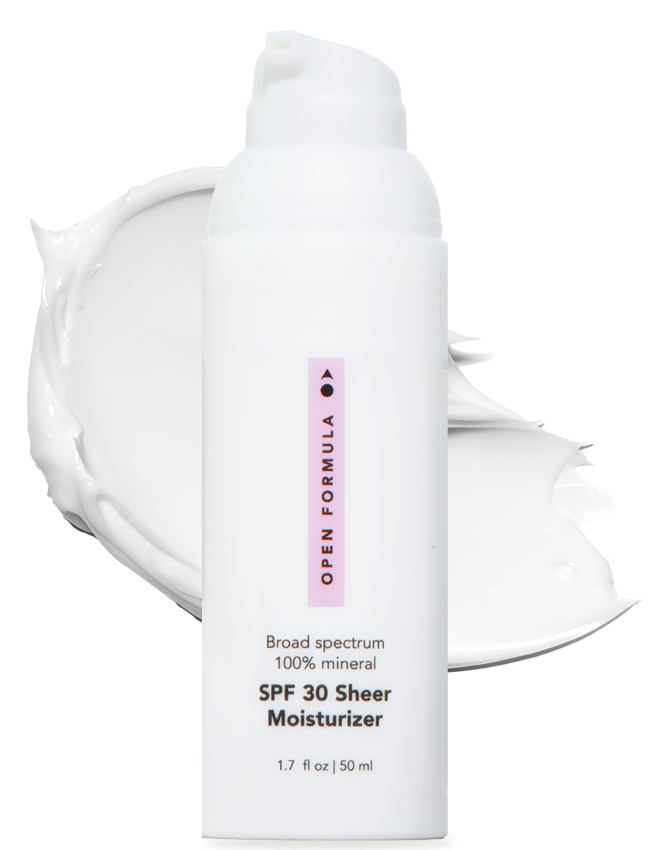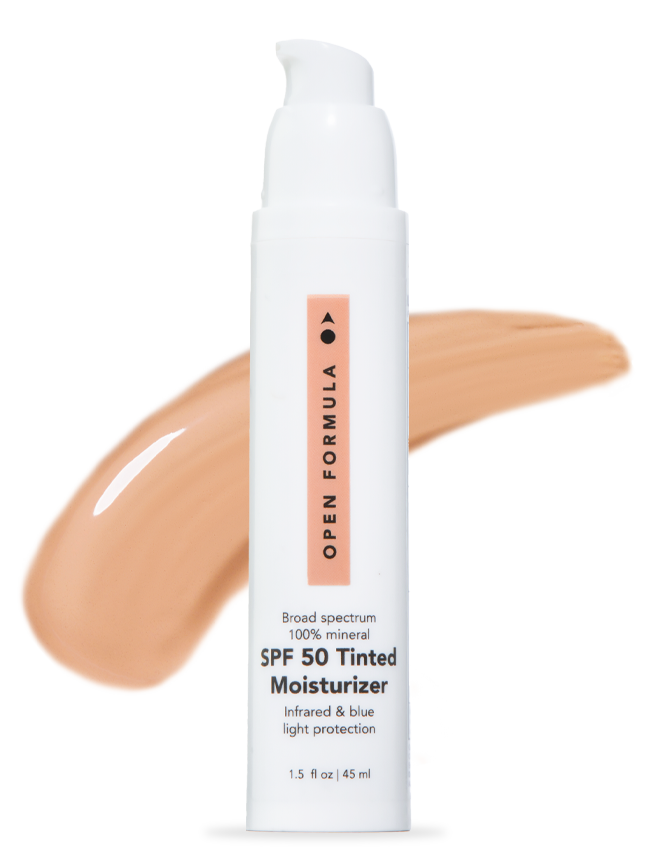The internet is swirling with thousands of supposed solutions to stubborn acne and embarrassing dark spots. But many lack the cold, hard proof to back up the weighty claims. Adapalene, usually branded as Differin, a derivative of vitamin A, however, has been proven to have real potential to make a difference in your skin—if implemented properly.
Now an over the counter medicine in the USA, New Zealand, and Singapore, Differin is a gold-standard skincare medication. Up until recently, it was prescription only. Now that it’s OTC in the US, it’s available for basically everyone to use (over the age of 11).
So what’s the issue? Not everyone knows exactly what it is and how to use it properly. There’s a lot of misunderstanding about adapalene. Let’s clear up some of the confusion, so we can start reaping the benefits.
What is Adapalene and What Does it Do?
Adapalene is a retinoid, the same family of ingredients as tretinoin (the active ingredient in Retin-A, Refissa, Tretin-X, among others). Retinoids are closely related to vitamin A and affect a lot of different aspects of the skin. The main use of adapalene is to combat acne. Many studies have found that retinoids are especially effective at treating acne. They’re typically a go-to recommendation at a visit to the dermatologist .
Compared to tretinoin, 0.1% adapalene is much less irritating than 0.05% tretinoin as a way to clear acne. However, it should be noted that tretinoin is cited as the more effective acne remedy between the two (precisely how much better is unclear). But because tretinoin can be very irritating, many people give up using it before they get the results they want.
Unclogging Pores
Adapalene works on the skin in two ways to zap acne. First, it prevents pores from getting clogged (called microcomedone formation). Blocked pores are the main cause of acne. Over time, as adapalene stops pores from clogging, the skin has time to smooth out and repair itself.
Collagen Production
0.3% adapalene could also help with deep acne scars—the kind that looks obviously different texture from the skin around them. Adapalene has been shown to help the skin to make more collagen, the protein that keeps skin looking young and full).
Relieving Inflammation
Adapalene also affects the skin’s inflammation response. You know when you have a pimple and it feels hot and swollen— especially if it’s deep? That’s inflammation. adapalene has anti-inflammatory effects so that breakouts don’t get as red and tender. Studies have shown tretinoin and adapalene at 0.1% to have comparable success in treating inflammation. Though again, less irritation on the adapalene side.
It works in a similar manner to lighten post-inflammatory hyperpigmentation, aka the darker spots that acne or injury can leave behind. This means that adapalene is good for all stages of skin purification, not just when acne is present.
Correcting Sun Damage
Some studies have proved that 0.3% adapalene is also a trusted method for treatment of photo-aging, much like its cousin, tretinoin. Photo-aging is another way to refer to wrinkles and sun damage. While nothing is going to get rid of wrinkles entirely (well, not yet), using a retinoid such as adapalene or tretinoin is your best chance of reversing mild to moderate UV-related imperfections.
But none of this matters if users don’t know how to implement adapalene safely and correctly…
How to Use it Properly
Contrary to popular belief, Differin isn’t spot treatment. In other words, it won’t work if you simply apply it to active breakouts from time to time. It needs to be applied in a routine to work properly. While adapalene is less irritating than tretinoin, it’s still important to take the necessary precautions to avoid irritation.
1) Take It Slow
One of the most important keys to using adapalene is to introduce it to your face slowly. It sounds like a good idea to start applying it every night to get instant results. But it doesn’t work that way. Adapalene usually takes around three months to see positive results. So, if you’ve just begun treatment, don’t be discouraged if you aren’t seeing results straight away.
To introduce Differin to your regimen properly, apply a pea-sized amount every other night for at least the first two weeks. This gives the skin a chance to adjust, reducing the risks of dry skin and irritation. Once you’ve eased into it, you should keep to nightly usage.
2) Cut Out Other Strong Acne Ingredients
When it comes to adapalene, skin drying is quite common. This means that combining other potent acne-tackling products can be too harsh for skin. It’s best to stop these before introducing adapalene/Differin. Avoid physical scrubs and products with salicylic acid, glycolic acid, benzoyl peroxide, or lactic acid as an active ingredient.
3) Increase hydration and moisture
Something a lot of people struggle with when it comes to adapalene is flaky skin. But there’s good news: the flakes are typically short-lived. However, it’s enough for the skin to be extra thirsty and need more moisture than normal. Topping normal moisturizer with a thin layer of vaseline can help keep lock in moisture.
4) Sunscreen, Sunscreen, Sunscreen
All retinoids make skin more sensitive to the sun, so it’s really important to use a high-SPF, broad-spectrum facial sunscreen every day to protect skin. Makeup with SPF included doesn’t protect skin as well as proper sunscreens, so definitely look into a sunscreen that’s right for you. Using a retinoid doesn’t make the skin on the other parts of your body more sensitive, only where it’s used (in this case, your face).
5) Avoid Waxing
A golden rule of retinoids is to stay away from facial waxing during use. Retinoids can make skin too delicate to sustain the roughness involved with waxing. Some users have reported parts of their skin coming off with the wax. Big yikes. Instead of waxing, other types of hair removal you can use are plucking, threading or epilating.
When it comes to adapalene, it’s a great medication to manage acne and delay the signs of aging. Hope this rundown of what it is and how to use it will help!
So ultimately, at this stage in the skincare game, Differin certainly isn’t cutting edge. But it’s a trusted method of breakout correction with a wealth of additional benefits to boot. Plus it won’t send your skin into a spiral of reactions if used properly, unlike many of its harsher counterparts. And the best part? It’s got all the research to prove it. You can find more information on the product, here.







